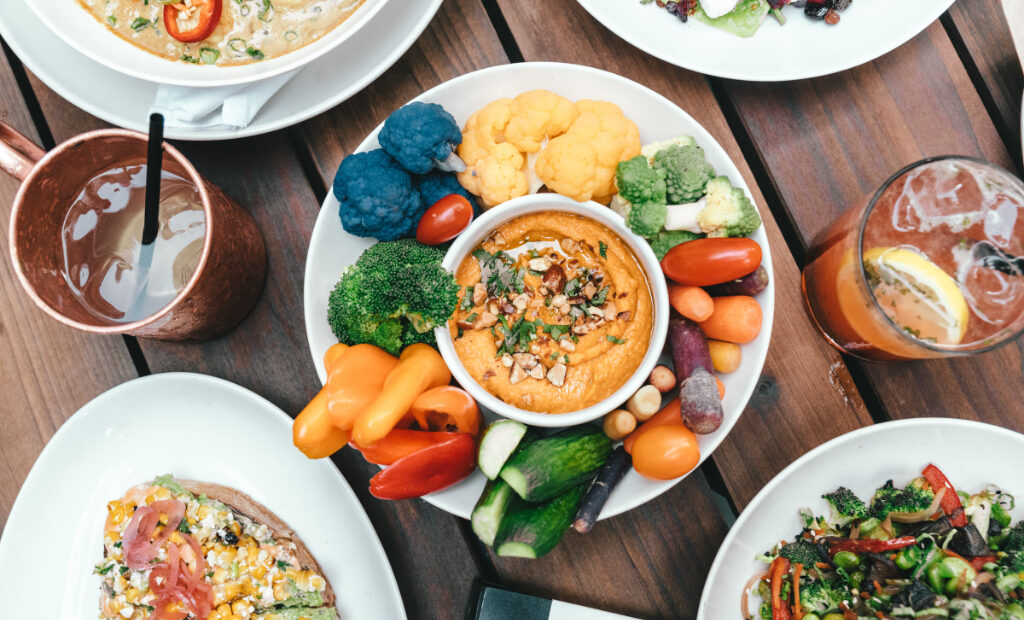Three zero-waste swaps that aren’t in the spotlight

More and more people are beginning to consider living a more zero-waste lifestyle. It’s not as hard as it once seemed, especially now that it is possible to find plenty of ideas online on how to do it. However, there are zero-waste swaps that many still do not know about.
Swap brown bags with reusable bags
Paper or plastic? That is the real question. More often than not, people will answer “paper” without batting an eyelash. But is it really better than plastic?
People have been taught to avoid plastic. It clogs up our water system, kills wildlife, depletes the ozone layer, and so on. So, the world has been scrambling to find better alternatives, treating paper as one of the best replacements available today.
Unfortunately, paper does a great deal of damage to our planet, just like plastic. In fact, it is said that:
- It is usually bigger in size than plastic, which means it takes up more space in landfills.
- It requires four times as much energy to produce versus the energy needed to manufacture plastic.
- It generates 50 times more water pollutants, compared to plastic.
- In landfills, it takes just as long to break down as plastic does, due to lack of sunlight and oxygen.
- It wastes a lot of trees.
To help save the environment from brown bags, it’s better to use reusable bags instead. These can be reusable canvas tote bags, reusable insulated bags, recycled plastic bags, and etc. As long as it’s possible to use it over and over again, then it’s better than acquiring new plastic bags and paper bags.
Swap single-use cotton rounds with reusable cotton pads
Almost every household uses single-use products, especially cotton pads. They’re often bought because they are gentle on the skin, convenient to use and affordable. Many people know little about how these tiny things silently destroy the environment. And unlike plastic, they are surprisingly getting away with it.
Disposable cotton rounds are actually a health hazard, as they contain toxic chemicals such as pesticides. When these touch the skin, which is the biggest organ, it enters the body.
They are also dangerous to the environment. Farmers waste too much water resources just to grow cotton. For example, it is said to take a whopping 20,000 litres of water or more to produce enough cotton to create a single shirt – that amount of water can supply 133 shower sessions!
When growing them, farmers can also use chemicals to keep pests at bay; unfortunately, these pesticides end up in the river, air and water used for drinking by communities near cotton farms.
To end this, one should consider swapping disposable cotton rounds with reusable ones. Made of 100% sustainably sourced materials, these are not only great for the environment but are also gentle on the skin. They can be used up to 1,750 times (or more), and come in bio-based cases.
Once the reusable cotton pads’ life cycle has come to an end, they can be tossed in the compost!
Swap meat with vegetables
As parents and grandparents always say, “eat your vegetables”. These are important for our health, as they provide a lot of nutrients and vitamins. But apparently, eating more greens can be better for the environment, compared to eating meat.
Many people don’t know that the livestock industry actually produces as much global emissions (if not more) as cars do. The whole process of producing them, from raising livestock all the way to selling them on the market, uses more natural sources than one will ever use in producing vegetables.
In addition, livestock like cattle are ruminants, which means they are able to digest food with the help of microbes in their multi-chambered stomachs. These microbes ferment the food they eat and produce powerful greenhouse gas methane. Once the cow burps, the methane is then released into the atmosphere, harming our planet’s ozone layer.
Swapping more meat with vegetables is a good idea for concerned citizens. It is a more sustainable choice, and healthy.
To start, it’s a good idea to reduce the usual portion of meat consumed and replace that portion with more vegetables. After about a week, the meat portion can be reduced again and replaced with more vegetables. Doing this makes it easier to eat more greens and less meat.
Not only will it save the environment, but the body will definitely thank you for it.
There are still plenty of other zero-waste swaps that aren’t in the spotlight, but these three are among the major ones that need immediate attention. They are also easy to do, which will surely encourage anyone to start living a more sustainable lifestyle.
The editorial unit























Facebook
Twitter
Instagram
YouTube
RSS